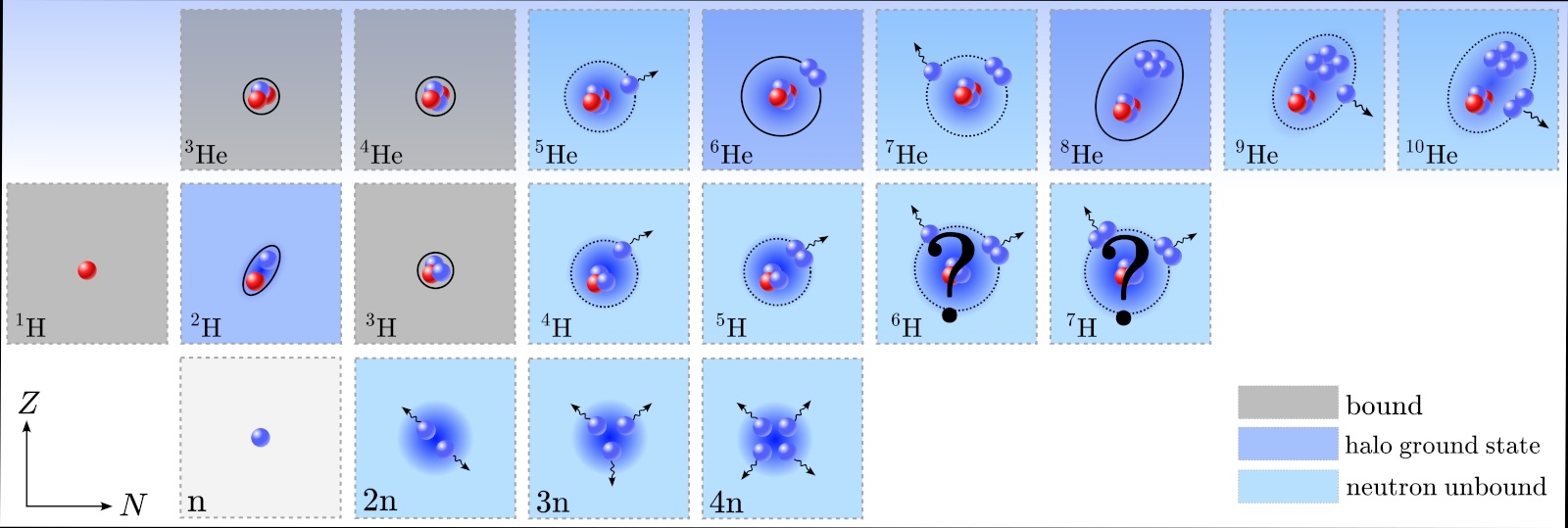RCC Spotlight: Dr. Kevin Fossez
Assistant Professor of Physics, Dr. Kevin Fossez is a prominent physicist that joined the FSU faculty in 2021. Before his tenure at FSU, he earned his doctorate from the Université de Caen in Normandy, France, where he studied nuclear, atomic, and molecular physics. In 2023, Dr. Fossez received the National Science Foundation (NSF) CAREER Award for his nuclear physics research.
Dr. Fossez’s research focuses on low-energy nuclear physics. More specifically, he explores how the atomic nucleus behaves in extreme conditions. These conditions involve scenarios where the nucleus possesses either a significant excess of protons or of neutrons, ultimately reaching the limits of nuclear stability that eventually leads to its breakup. This research provides unique information on how nuclear forces keep atomic nuclei together to complement our knowledge of stable matter.
Dr. Fossez utilizes the Research Computing Center (RCC) for intensive computing power to conduct research on nuclei in extreme conditions.
As part of his research, Dr. Fossez solves the quantum many-body problem, which requires significant computational resources and a high degree of parallelism. This is where the RCC comes in. The high-performance computing (HPC) cluster at FSU is powerful enough to perform relevant tests and applications for the quantum many-body problem. Additionally, the RCC enables Dr. Fossez to conduct performance studies to prove the concepts of his research, which he can use as a point of entry for larger-scale research at federal computing facilities funded by the Department of Energy and the NSF.
 This figure illustrates some of the most exotic nuclei created on Earth.
This figure illustrates some of the most exotic nuclei created on Earth.
“The RCC is a great place for students to learn about high performance computing.” - Dr. Kevin Fossez
Dr. Fossez's research in nuclear physics takes an indirect and formative approach, primarily focused on understanding fundamental principles without an immediate concern for direct applications. His work examining nuclear forces and how the atomic nucleus is held together can help the world derive applications later, like nuclear fusion, or other applications that aren’t even known about yet. Ultimately, his research is trying to understand things for the sake of what they are so that people can use this knowledge in the future.
